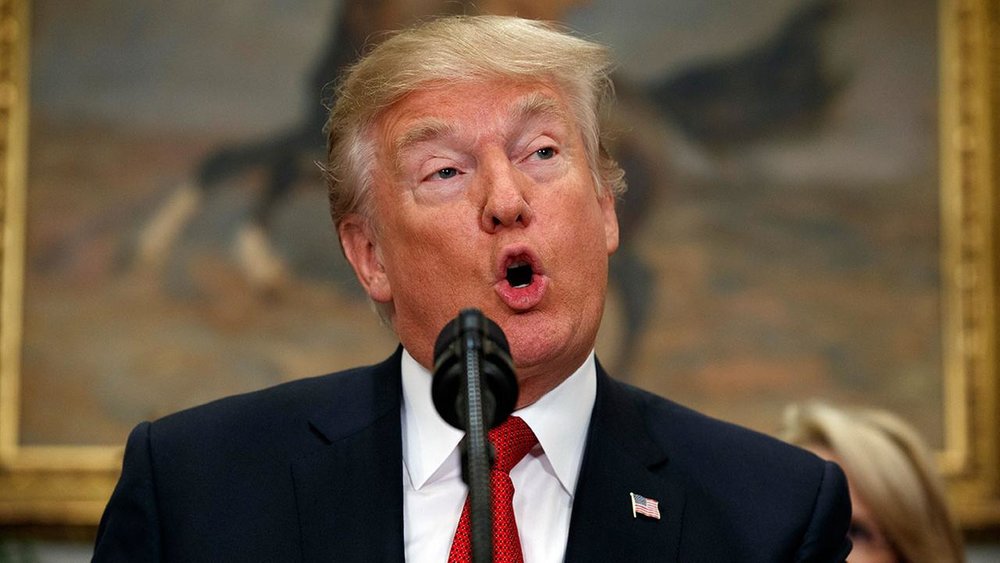Trump's Iran strategy: Aims versus narratives and perceptions

After a long-time ambiguity and many assumptions, U.S. President Donald Trump has laid out his Iran strategy to confront Tehran and renegotiate a 2015 nuclear agreement, a strategy that requires a string of big bets to pay off in short order.
Not only is the risk of failure enormous but Trump's statements in itself was a big failure, in terms of content, facts, reasoning, the mindset behind the speech, the way of expressing it, etc.
In his speech, Trump articulated his approach to the Iran deal and defined many aims for it but the realities, narratives and perceptions stand opposite to his objectives, which could be enumerated as follows:
1) Multipolar vs. unipolar: Trump's speech shows that his mindset belongs to post-Cold War era, because he looks at the international system as a unipolar system while it has changed to multi-polar. High representative of the European Union for Foreign Affairs and Security Policy Federica Mogherini's fast and strong stance to advocate the JCPOA, is testimony to a multipolar international system.
2) Big power, not superpower: Germany, Britain and France's statements and also China-Russia stances to fully support the JCPOA are firm signs that contrary to Trump's deduction the U.S. is now only a big power, not a superpower or chieftain.
3) Robust vs. fragile: The aforesaid anti-Trump's statements along with the text of the JCPOA which is supported by UN Security Council resolution 2231, intimate the JCPOA is much more robust than Trump's idea for a "fragile JCPOA".
4) Undermining and unsuccessful shooting: Maybe Trump's goals were to scuttle Iran's current economic, political and regional status but President Rouhani's response did undermine the Trump shootings as "unsuccessful".
5) Prevailing dictatorship school of thought against democracy: News leaked from the White House and circulated through the media saying: a majority of Trump's cabinet members were against him on the JCPOA but the "stubborn president" refused to accept consultations.
6) Rationality vs. deafness: If Trump's stances were rational-oriented, all rational democratic states would have supported him, but majority-united and wisdom groups were against a deafness minority such as Saudi Arabia, the Zionist regime, and Bahrain. It was expected that Trump would lay out his strategy but he read an essay that apparently got prepared by Saudi Arabia and Israel and was running on the same rails to consent them.
7) Businessman vs. puppet: If Trump were to be a real politician and businessman, he would have looked for Iran’s 80-million population market and pushed it to economic prone but he seemed to react as a puppet to respect Iran's regional enemies and rivalries. The U.S. Treasury sanctions deprive its government of doing business, export its production to Iran and materialize the "First America" motto. Trump's idea led him to a path which only respected anti-Iran illusions.
8) Confronting not blacklisting: Trump made endeavors for confronting and weakening the Islamic Revolutionary Guard Corps (IRGC) by imposing more sanctions, while the IRGC has been under tough sanctions long-before. He wanted to label IRGC as a "terrorist group" but like his predecessors, he only introduced more sanctions.
9) Off center vs. on center: Trump was trying to emboss Iran's related issues as on center crisis but a huge amount of repercussion on social media denounced Trump for his fake word of "A.R.A.B Gulf" as an off-center issue.
10) Foreign policy and internal pressure: While Trump laid out his strategy on Iran, likewise his other policies; he faced much more pressure from U.S. authorities, think tanks and NGOs.
Leave a Comment